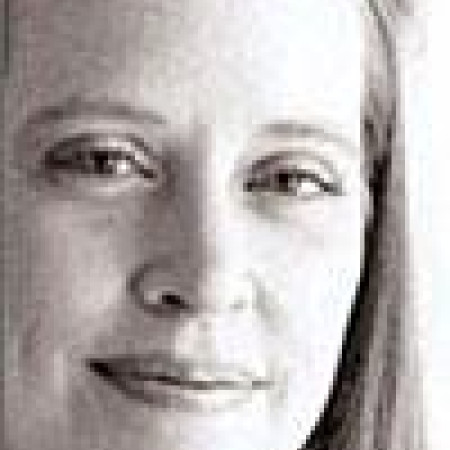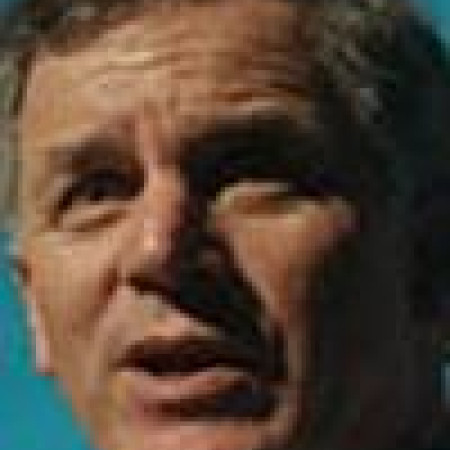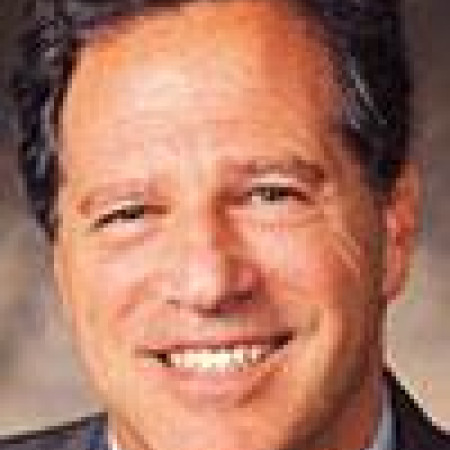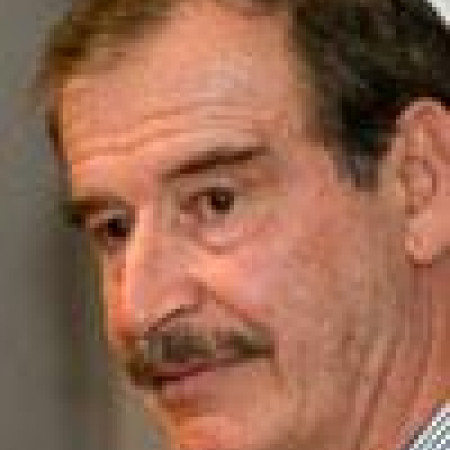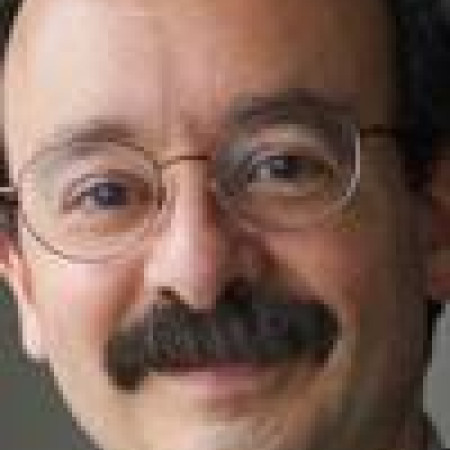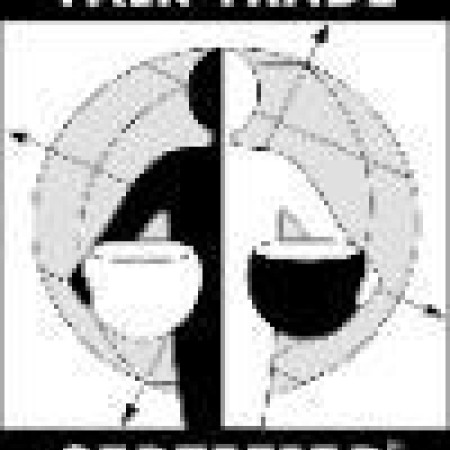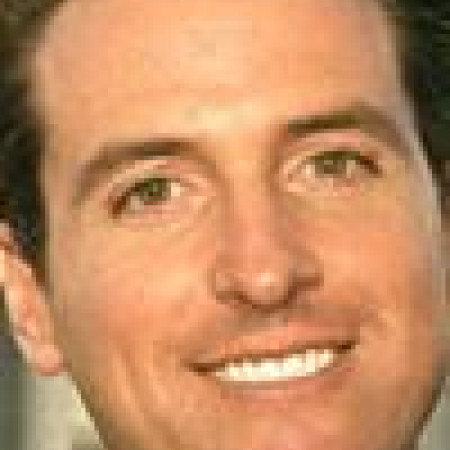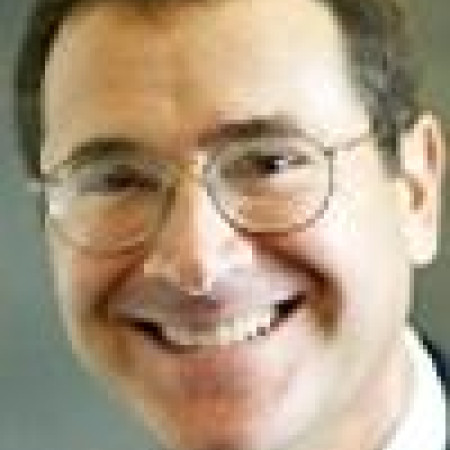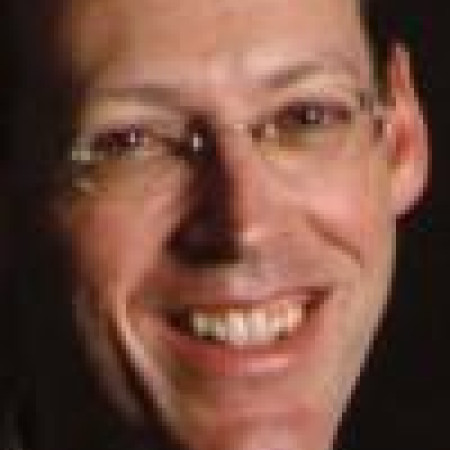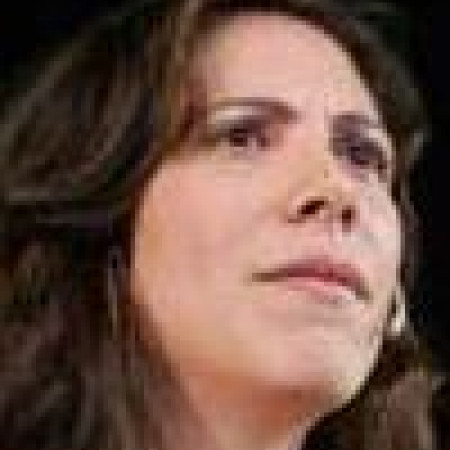Wendy Kopp - Raising the Bar for Low-Income Students
Teach For America places thousands of energetic and committed college graduates as teachers in under-resourced schools for their first jobs. In this audio lecture recorded at the Stanford Graduate School of Business, Wendy Kopp shares why and how she started Teach for America in 1980, and its progress in raising the bar for under-achieving children. She also discusses how the organization rode out its "dark years," when enthusiasm and corporate support for the effort began to wane.


